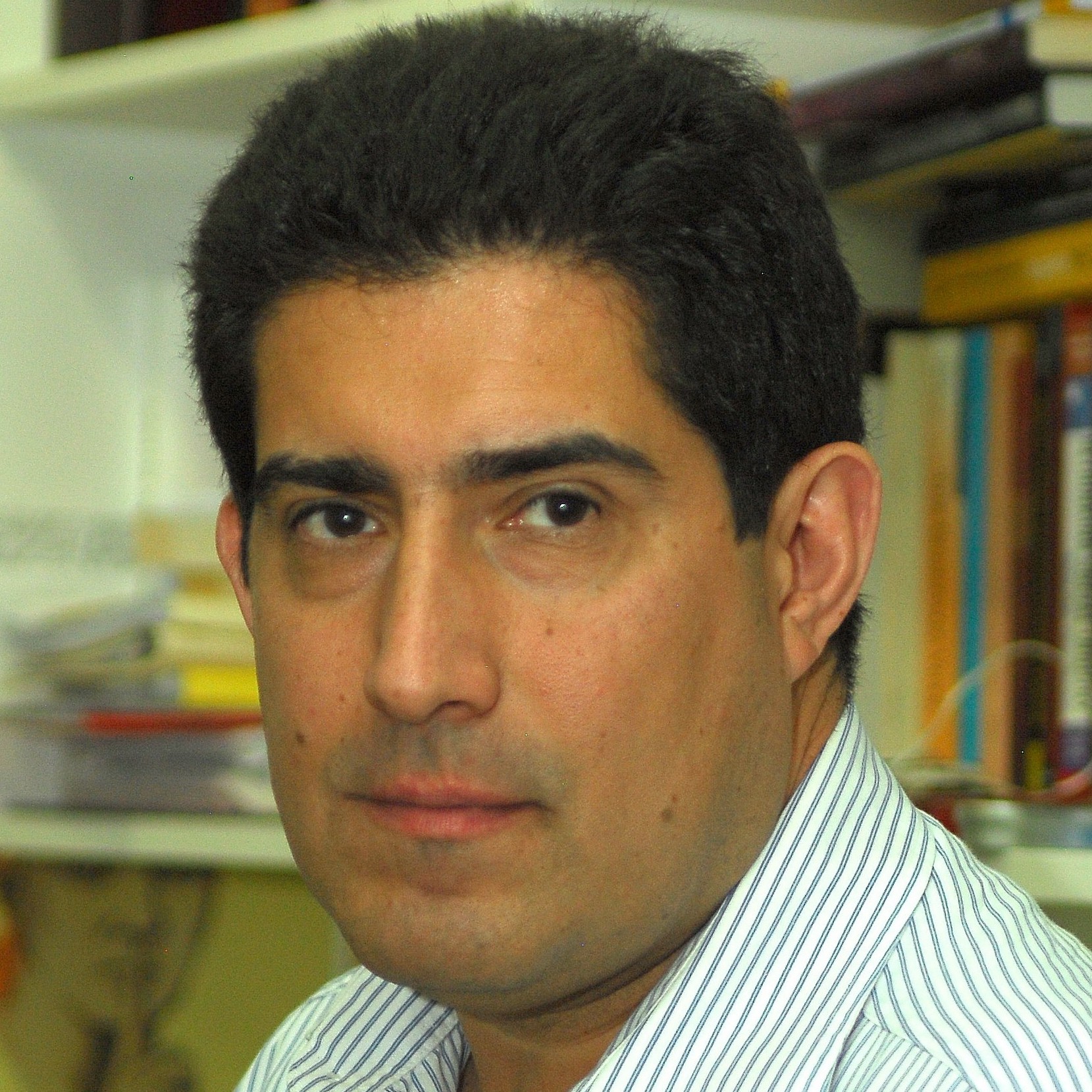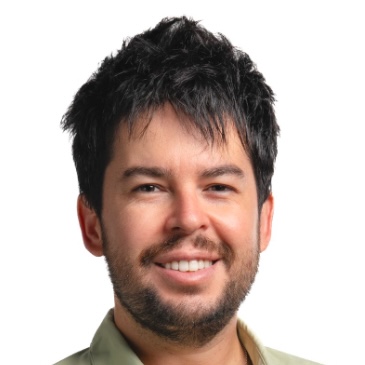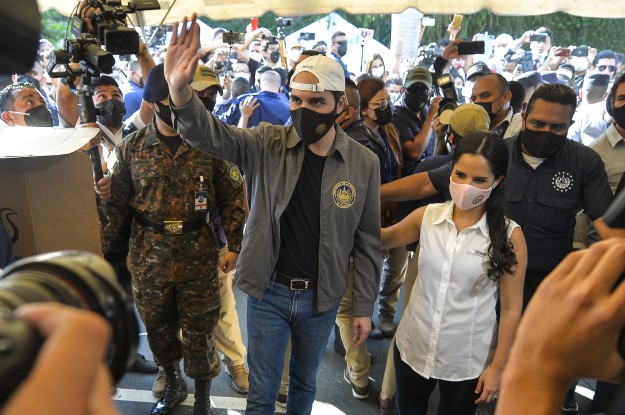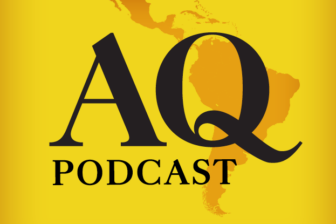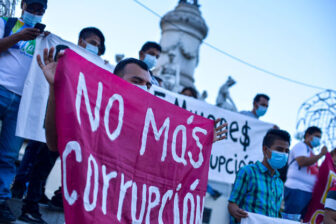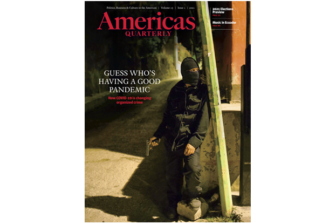For much of Latin America, 2021 will be the year of vaccines and economic recovery. However, the big story for four countries in Central America is likely to be one of continued democratic backsliding.
After his party won an unprecedented majority in El Salvador’s Feb. 28 legislative elections, President Nayib Bukele now looks set to forge ahead with his trademark style of demonizing the opposition and undermining his country’s young democratic institutions. Bukele’s trajectory echoes what has already happened in Nicaragua and Honduras, where elections have consolidated power for autocratic forces – and could do so again later this year. Guatemala also merits concern.
The election in El Salvador confirmed fears that there will soon be few checks left to rein in Bukele’s authoritarian drift. Since the country does not celebrate concurrent presidential and legislative elections, the mandate Bukele earned in the 2019 election did not translate into a majority in Congress. For the past year and a half, opposition lawmakers from the rightist Nationalist Republican Alliance (ARENA) and the leftist Farabundo Martí National Liberation Front (FMLN) have joined forces to block the president’s legislative initiatives.
Bukele has used extremely harsh language to describe his opponents on Twitter: “ARENA and the FMLN aren’t trash, they are worse than that.” In Feb. 2020, he walked into the legislature flanked by military officers to pressure lawmakers into funding his public security program. A few weeks ago, after shooters killed two FMLN activists and injured another five after a rally in San Salvador, Bukele suggested the FMLN staged the murders.
Such tactics have worked for Bukele. In late 2020, his job approval bordered 90%. Now, with a congressional majority, Bukele could move to abolish presidential term limits. That would trigger a confrontation between the Supreme Court and Bukele, who a subservient legislature will back. Legitimized by elections, El Salvador’s democratic backsliding looks set to continue full speed ahead.
The erosion of democracy via the ballot box in this part of Central America is closely tied to years of corruption on the part of political elites. Former President Antonio Saca (2004-2009) from ARENA is serving a ten-year sentence for embezzlement of over $300 million and FMLN’s Mauricio Funes (2009-2014) is self-exiled in Nicaragua, wanted back home on similar charges. Meanwhile, spiking homicide rates made El Salvador the hemisphere’s most violent nation in 2015. Bukele, a maverick politician who once formed part of the FMLN’s ranks before his expulsion, skillfully tapped into widespread discontent.
Corruption’s toll on democracy is clear in Honduras, where the conservative National Party will have a chance in November elections to extend its 12-year hold on the presidency. The shadow of President Juan Orlando Hernández, whom the U.S. is investigating for ties to drug cartels, looms over the race for his successor. After reinterpreting the 1982 constitution to allow for immediate reelection – former President Manuel Zelaya was removed from power in 2009 for trying the same thing – Hernández won a second term in 2017 amid accusations of vote tampering.
Along the way, the perception of government corruption has surged. In 2015, protests erupted after Hernández, commonly known as JOH, admitted to redirecting funds from the country’s public health system to finance his first presidential campaign. Pressure from below led to creating the Organization of American States (OAS)-backed Mission to Support the Fight Against Corruption and Impunity in Honduras (MACCIH). MACCIH made inroads into fighting corruption, but, to the delight of political elites, JOH opted not to renew MACCIH’s mandate in early 2020, and new corruption scandals followed.
Political parties are now preparing for primary elections on March 14. JOH’s party has a better chance of remaining in power either with Nasry Asfura, the mayor of Tegucigalpa, or Mauricio Oliva, the president of Congress. JOH’s indirect support gives Asfura a slight edge, despite ongoing corruption probes against him.
The opposition, meanwhile, is a mess. Consumed by internal divisions, the opposition blocs –which jointly received a majority of votes in 2013 and 2017 – refuse to learn from past mistakes and will likely split their support among a field of opposition candidates.
Voters also seem unimpressed with their options. A recent poll by the Honduran Council of Private Enterprise (COHEP) reported that 61% of millennials would not vote. A similar percentage said they would like to migrate to another country. A decade of corrupt governments and an opposition that prioritizes internal bickering to contesting autocratic trends has left them with little optimism.
Meanwhile in Nicaragua, the regime led by Daniel Ortega, his wife Rosario Murillo, and the Sandinista Front of National Liberation (FSLN) are increasingly mirroring the Somoza family dictatorship they overthrew in the 1979 revolution. With the suppression of political dissent now the norm, Sandinista elites are paving the road to stay in power through sham elections on Nov. 7.
Ortega’s revolution brought him to power in 1979, and he ruled until he lost democratic elections in 1990. After corruption under President Arnoldo Alemán (1997-2002) undermined trust in democracy, and a pact between Alemán and Ortega paved the way for the Sandinistas’ return to the presidential palace in 2006. Ortega won the presidency then with just 38% vote thanks to reforms agreed to with Alemán. Once in power, Ortega meddled with the Supreme Court to allow for his successful 2011 reelection bid. In 2016, Ortega announced he would run again, with his wife as his running mate, when the FSLN-controlled National Assembly abolished presidential term limits. Allies on the Supreme Electoral Court aided Ortega by blocking the main opposition party’s candidate. Several opposition parties boycotted the 2016 election, and the Ortega-Murillo ticket easily won a bogus contest that also banned international observers.
State-sponsored violence silenced calls for Ortega’s resignation in 2018 after his government brutally repressed protests over a pension reform, leaving hundreds dead and thousands injured. In December, the National Assembly passed a law that makes it easy to prosecute anyone for “acts of treason” and ban them from holding elected office. The move sets the stage for Nicaragua’s continued decline under the Ortega-Murillo regime.
In Guatemala, there are also concerns about further democratic backsliding under President Alejandro Giammattei, who has done little to strengthen institutions since taking office in 2020. Giammattei won the 2019 presidential election after Thelma Aldana, the former attorney general and an anti-corruption advocate who was doing well in polls, was barred from running. Popular discontent with Giammattei led to riots in November 2020. Guatemala’s score in the Economist Intelligence Unit’s annual Democracy Index fell for the fourth straight year last year, following former President Otto Pérez Molina’s ouster on corruption charges and his successor Jimmy Morales’ unilateral termination of Guatemala’s popular UN-backed anti-corruption commission.
What can be done to foster democracy?
Guatemala, Honduras and Nicaragua offer a cautionary tale for El Salvador of what can happen when checks and balances unravel. Since the burden of government neglect falls upon impoverished citizens – and feeds a migration crisis – actors with influence in the region, including the United States, should reconsider their approach. While the Trump administration disregarded Central America’s autocratic trends, the Biden administration has an opportunity to strengthen democratic governance.
On the campaign trail, Biden promised to invest $4 billion in Central America. The goal should be to combat authoritarianism and promote sustainable democratization. Fortunately, the administration is aware of the threat of authoritarianism in the region. Bukele received a cold shoulder from the White House on an unannounced trip to Washington a few days after Biden’s inauguration. That was a welcome sign for the cause of democracy in the region after four years of neglect. But the effort will require more than that. There is an uphill road ahead for the Biden administration in curbing corruption, promoting democratic principles, and fostering economic growth in the region. The priority in most of Latin America might be fighting the pandemic and rolling out vaccines, but the threat of democratic backsliding will remain after the pandemic is under control.
—
Navia is a contributing columnist for AQ and professor of liberal studies at NYU. Perelló is a PhD. candidate at The New School.


